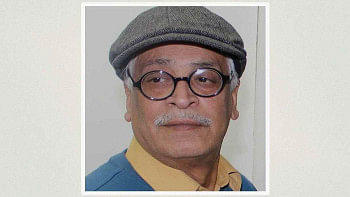Hypertension and heart disease may have no symptom
Hypertension or high blood pressure is considered a silent killer, because many people with this disease have no symptoms. Over time, this increase in blood pressure (BP) can damage the blood vessels or vital organs. This can lead to strokes, heart attack, or kidney disease. Hypertension is one of the most common risk factors for heart disease.
There are approximately 10 percent of male population and 15 percent of female population suffering from high blood pressure in Bangladesh. Over all prevalence of hypertension is 65 per cent among elderly (over 60 years old). Incidences are higher in urban than in the rural areas.
BP can change from minute to minute, especially when we are excited or afraid, and cause an increase in pulse and a rise in the pressure inside our blood vessels. It also is affected by changes in posture, exercise, sleeping, and medications. Monitoring and treating blood pressure is important because damage to arteries begins at fairly low blood pressure levels. Damaged arteries greatly increase the risk for heart attack, stroke, kidney failure, and atherosclerosis.
Hypertension can lead to two major forms of heart disease. These are coronary artery disease and heart failure.
Coronary artery disease occurs when the blood vessels that supply blood to the heart muscle (coronary arteries) are narrowed or blocked. This narrowing or blockage most often is caused by the buildup of fatty deposits, which is called atherosclerosis. Hypertension increases the risk of atherosclerosis by damaging the lining of the arteries and increasing the likelihood that fatty deposits may form in them. Over time, this can lead to a heart attack.
Hypertensive heart disease occurs when high BP causes the walls of the lower left heart chamber (left ventricle) to become thick and stiff, which affects the heart's pumping ability. This may in turn lead to heart failure, a condition in which the heart cannot pump enough blood to meet the needs of the body.
Treating hypertension early can decrease the chances of having heart problems in later life. A healthy low-fat, low-salt diet and healthy lifestyle habits, such as getting more exercise, losing weight, quitting smoking, and managing stress, help control high blood pressure. Healthcare providers often recommend these methods to control blood pressure before turning to medications. The most important points for people with high blood pressure to remember are: follow your doctor's advice, stay on your medication.

 For all latest news, follow The Daily Star's Google News channel.
For all latest news, follow The Daily Star's Google News channel. 



Comments